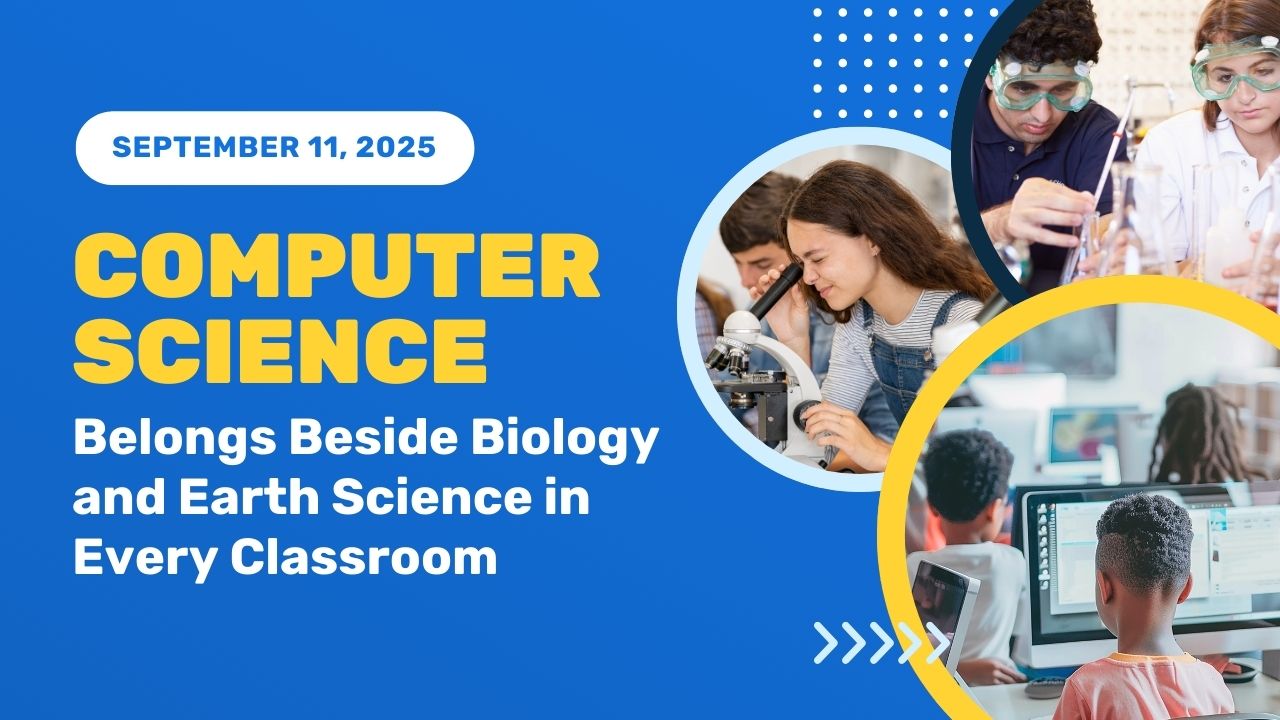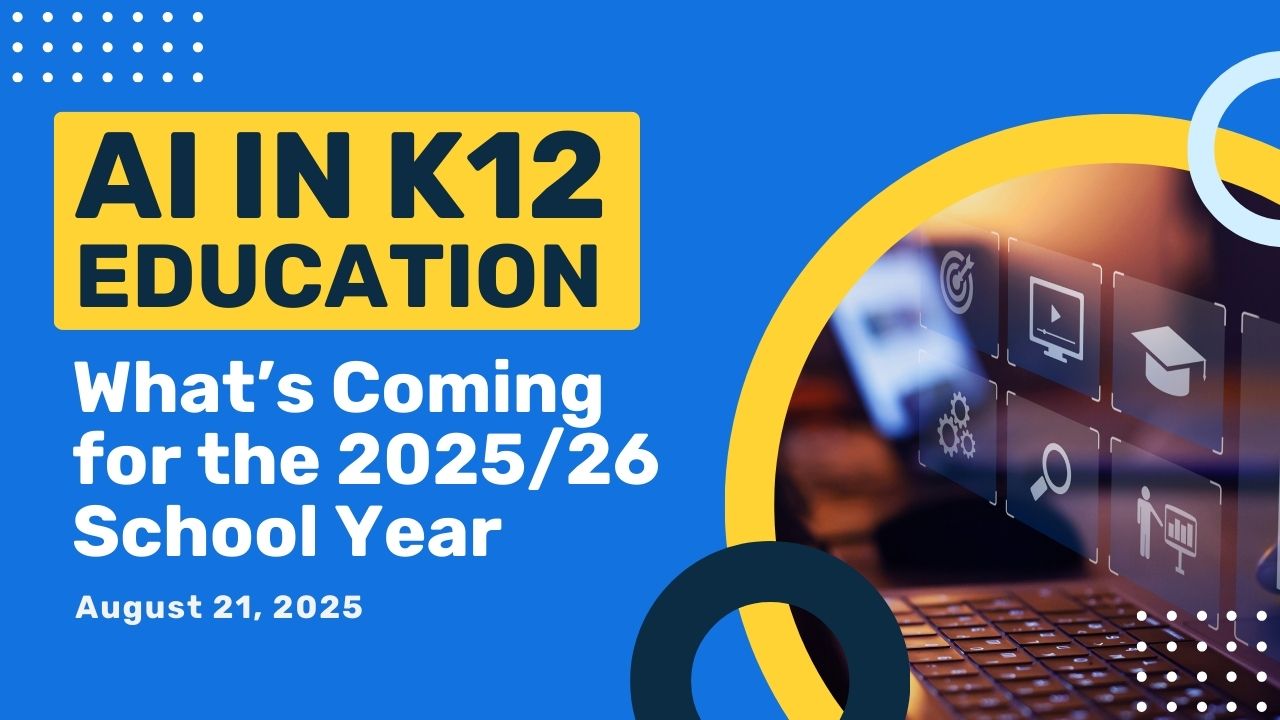The Value of Summer Learning
For many students, summer break is a time to relax and recharge. However, long periods away from structured learning can lead to the "summer slide," where students forget key academic skills. Research shows that students lose an average of two months of math skills over the summer if they don't engage in educational activities. Enrolling in academic summer programs can help prevent summer learning loss while making learning fun and engaging.

Soft Skills & Social Connection: More Than Just Academics
While academic progress is essential, soft skills development for students is equally important. Collaboration, adaptability, and communication are critical life skills that students can hone in structured summer programs. Without these opportunities, many students face social isolation during summer break, lacking structured time to interact with peers. This isolation can lead to loneliness and disengagement, making it crucial to provide programs that encourage meaningful connections. Through the peer interactions and team-based learning experiences that summer programs provide, students develop social confidence and cooperative problem-solving abilities that will serve them well in future careers.
The Urgency: Declining Academic Performance in Tech & Math
Recent studies reveal concerning trends in student achievement. In 2023, U.S. students' computer and information literacy scores dropped 37 points compared to 2018. Similarly, results from the Trends in International Mathematics and Science Study (TIMSS) show that since 2019, fourth-grade math scores declined by 18 points, and eighth-grade scores dropped by 27 points. These declines highlight the need for students to continue learning over the summer, particularly in subjects like math and technology, to stay competitive in an increasingly digital world.

Technology & Math-Based Summer Programs: A Smart Investment
Parents and educators seeking ways to prevent summer learning loss should consider programs that emphasize technology and math, helping students reinforce essential skills for their future. Summer school provides a valuable opportunity to introduce subjects that often receive limited attention during the regular academic year. Many schools prioritize core subjects due to curriculum requirements, leaving little room for emerging fields like coding, artificial intelligence, and digital literacy. Summer programs allow students to explore these high-demand skills in a hands-on, engaging way, fostering problem-solving abilities and computational thinking.
Additionally, summer programs are a great place to experiment with creative teaching techniques that might be difficult to introduce during the school year. For example, tapping into student interest by using video games in the classroom can present ways to engage students in a variety of subjects, from using Minecraft to teach history to connecting math concepts to some of the most popular video games of today.

The Role of Games in Learning & Skill Development
Educational research has shown that games are powerful tools for learning. Whether students are solving puzzles, coding their own games, or competing in strategic video games, they develop essential skills such as critical thinking, problem-solving, and logical reasoning. Additionally, gaming provides a unique avenue for social interaction, helping students who may not typically engage in academic or sports-related programs find a space where they feel comfortable and motivated to participate. Games encourage teamwork, communication, and adaptability as players work together to achieve goals, navigate challenges, and develop strategies. These experiences foster collaboration and leadership skills, making gaming an effective tool for both academic and personal growth.
Structured summer gaming camps and esports programs offered by Mastery Coding provide a productive way for students to enjoy gaming while reinforcing STEM knowledge and developing teamwork and communication skills.
Choosing the Right Summer Program
With so many options available, how can parents and educators choose the best summer program? Look for programs that:
- Align with a child's academic interests and needs.
- Offer remedial courses for students who need additional support in core subjects.
- Provide hands-on learning experiences in technology, such as coding or AI.
- Incorporate interactive and engaging methods, such as gaming-based learning or project-based instruction. Mastery Coding’s summer programs provide structured opportunities to develop both academic knowledge and essential life skills in a fun and engaging environment.
Conclusion: Preparing Students for the Future
As summer approaches, it's essential to consider how students can stay engaged in learning while still enjoying their break. Investing in academic summer programs focused on technology, math, and interactive learning can help students avoid falling behind and prepare them for future success. Whether through summer math programs, coding courses, or video game camps, the right program can make all the difference in keeping students motivated and prepared for the year ahead.














